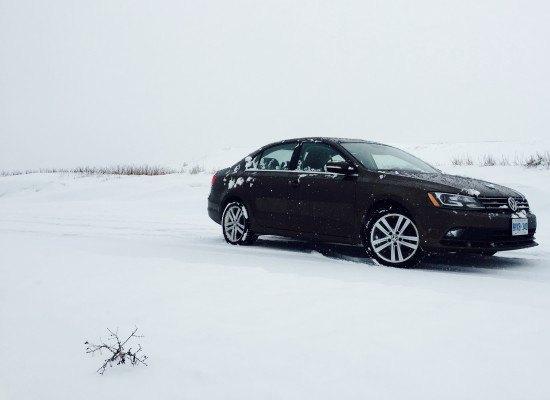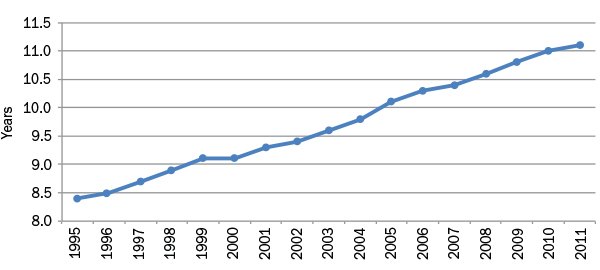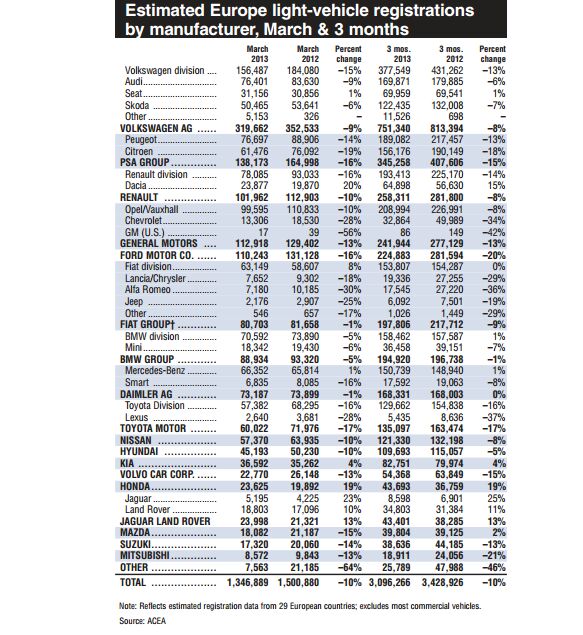#Registrations
UK Vehicle Registrations Fall Into Bottomless Pit
Despite manufacturers still managing to turn a profit, the automotive sector hasn’t been in the best of health these last few years. Growth appears to have plateaued in most Western nations, encouraging companies to cater this business toward other markets, supply chains have also been negatively impacted by the pandemic — with semiconductor shortages hindering production schedules on a scale we’ve not seen since the Great Recession.
It’s a bad situation and rumored to get worse if the warning cries of economists are to be believed. But there’s also mounting evidence to support their claims. The Society of Motor Manufacturers and Traders (SMMT) recently reported that vehicle registrations in the United Kingdom fell by roughly 35 percent in September vs the same timeframe in 2020. This is relevant because the month typically represents the second-busiest period for the country and numbers were already low due to production stops created by coronavirus lockdowns.
Report: US New-Diesel Registrations On The Rise
Diesel hasn’t had the best reputation in the United States since the early 1980s. A new report says this attitude has changed as of late.
American Fleet Aging, Polks Says Average Now 11.4 Years Old, A Record
The age of the American car and light truck fleet is the oldest it’s ever been, according to data firm R.L. Polk. Polk said in 2012 the average age all light vehicles on U.S. roads was 11.4 years, up from 11.2 years in 2011, and 10.9 years in 2010, the eleventh straight annual increase.
A Snapshot Of Just How Poorly Alfa Romeo Is Doing In Europe
While we wait on the latest round of registration data from Europe (April 2013), a look at January-March 2013 data paints a bleak picture for Alfa Romeo.



















Recent Comments